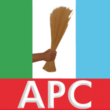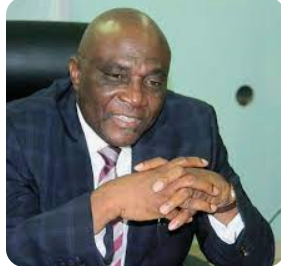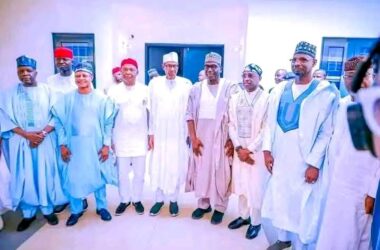In response to rising concerns about the proposed tax reform bills in Nigeria, Special Adviser to the President on Information and Strategy, Bayo Onanuga, has defended the legislation, clarifying that it does not unfairly target northern states or citizens. Onanuga explained that the initiative is part of the Federal Government’s broader effort to modernize and streamline tax processes across the country.
The Federal Executive Council (FEC), led by President Bola Tinubu, recently approved a series of policy changes aimed at overhauling Nigeria’s tax system. The reforms seek to simplify tax administration, reduce duplication, and improve efficiency in how taxes are collected. However, the proposed legislation has faced resistance, particularly from northern state leaders.
During a recent meeting, the Northern Governors’ Forum, representing 19 northern states, expressed concerns about the new derivation-based Value-Added Tax (VAT) distribution model included in the reform bills. The Forum, chaired by Governor Muhammed Inuwa Yahaya of Gombe State, discussed potential impacts of the new policy, with leaders voicing concerns that it might disadvantage certain regions.
Addressing these concerns, Onanuga outlined the government’s intentions behind the bills, emphasizing that the reforms are meant to benefit all Nigerians by creating a more streamlined tax system. According to him, the proposed legislation comprises four executive bills, each designed to address different aspects of Nigeria’s tax collection and administration.
“First is the Nigeria Tax Bill, which aims to eliminate unintended multiple taxation and make Nigeria’s economy more competitive by simplifying tax obligations for businesses and individuals nationwide.
“The Nigeria Tax Administration Bill (NTAB) proposes new rules governing the administration of all taxes in the country.
“Its objective is to harmonise tax administrative processes across federal, state and local jurisdictions for ease of compliance for taxpayers in all parts of the country.
“The Nigeria Revenue Service (Establishment) Bill seeks to rename the Federal Inland Revenue Service (FIRS) as the Nigeria Revenue Service (NRS) to better reflect the mandate of the Service as the revenue agency for the entire federation, not just the Federal Government,” Onanuga stated.
Additionally, the Nigeria Revenue Service (Establishment) Bill proposes renaming the Federal Inland Revenue Service (FIRS) to the Nigeria Revenue Service (NRS). This new name reflects its role as the nation’s central revenue authority, rather than an agency serving only the federal government.
The final piece, the Joint Revenue Board Establishment Bill, would create a Joint Revenue Board to coordinate tax efforts among federal and state governments. It also recommends establishing an Office of Tax Ombudsman to address taxpayer complaints, aiming to enhance fairness and transparency.










